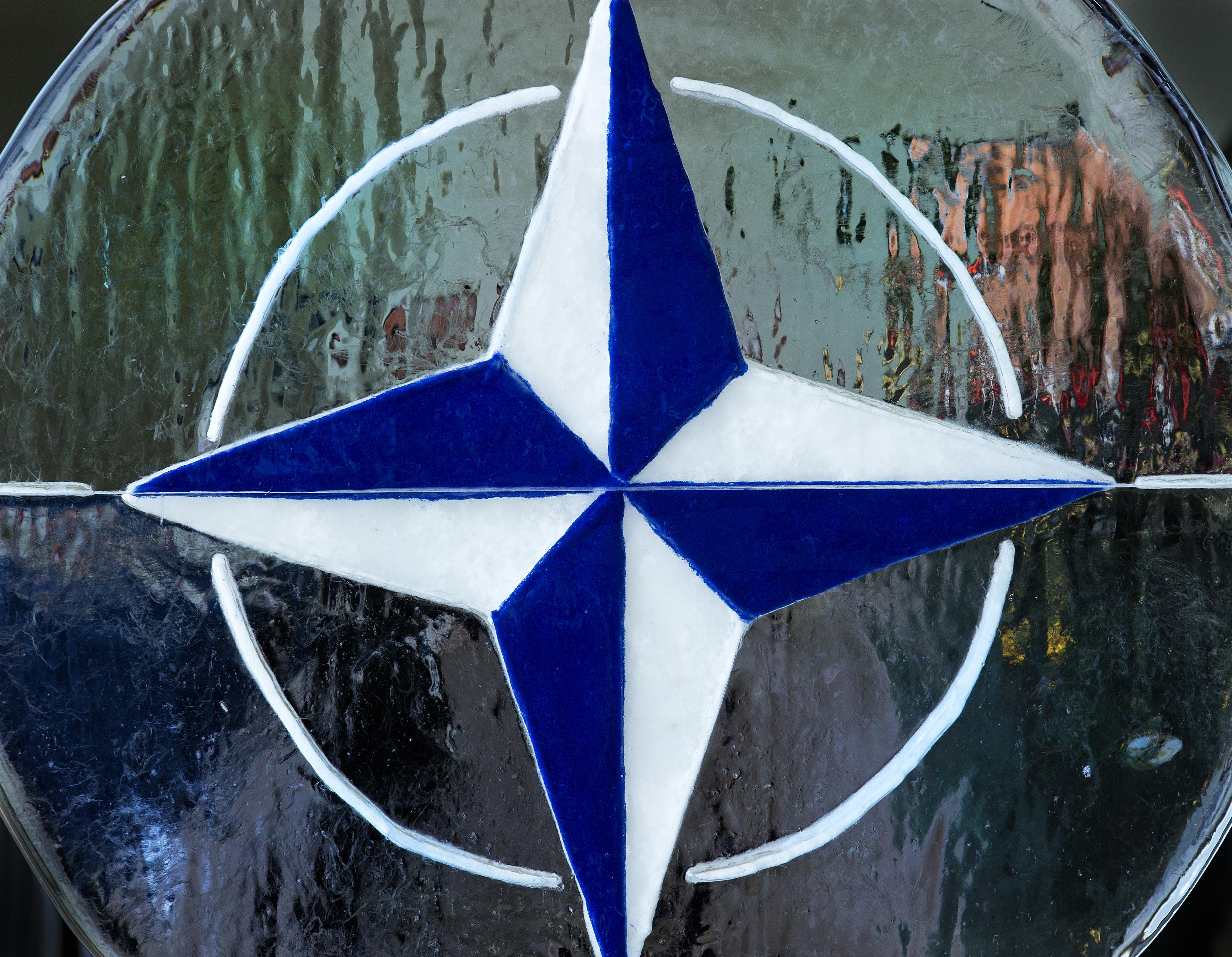The times, they are a changing, but even under a man who put “change” at the top of his agenda in 2008, not much is changing about they way America deals with the world. Obama’s State Department has ridden the waves, but done precious little to prepare our shoreline for storms to come.
This is not about Armageddon or “the next 9/11.” This is about the lack of deep, long-term thinking in the foreign and national security posture of the United States. The Iraq pullout and Afghan draw downs aside, the United States continues to act as if its hegemony will persist for decades, as if opportunities to reshuffle various global decks will remain available for decades to come.
Whether the “deck” in question is about conflict prevention (East Asia), armed intervention (Libya), trade (Emerging Markets), energy policy or nuclear non-proliferation (Iran/North Korea), the U.S. simply has not began to rethink the basic architecture of global power. NATO? The G7? APEC? P5+1? These and many other acronyms of the Cold War remain too prevalent in the lexicon of 21st Century American diplomacy. Some, like NATO, contorted into half-effective tools of power politics by US bullying, and its increasingly divided members are showing the wear. Others, APEC, for instance, or the Organization of American States, are simply a massive waste of time, money and political capital – really just opportunities for gaffs or displays of impotence rather than useful forums. The need for a bold redrawing of these institutional levers is pressing – and completely absent from the U.S. agenda. (To be fair, the Romney campaign’s positions on foreign policy are even further removed from reality, but that’s another post).
Wait long enough for the reshuffle and we’ll suddenly find it’s no longer “our deal;” the house will shift and playing with house money will involve a more complex trade off than a smoke signal from the White House to the Federal Reserve – “print — more – money.” Some efforts to starting thinking through government do exist, including CFR’s Global Governance Monitor launched by my friend Stuart Patrick at the Council on Foreign Relations.* But rethinking the sinews and tendons of global power so far remains beyond the abilities of the Obama administration.
Already, the incapacity of the United States to lead on vital questions like Syria’s civil war or the myriad maritime disputes of the Pacific Rim invites trouble. Our policies here and on other potentially explosive issues – no least the looming clash between Israel and Iran – have been reduced by risk aversion and a lack of creative thinking to a series of “lines in the sand,” the crossing of which brings no action other than a few steps backward and the drawing of a new line.
In this regard, Benjamin Netanyahu made a good point in his otherwise bizarre performance at the UN General Assembly on Thursday: the world needs to clarify what is and what is not acceptable behavior by the planet’s tyrants and trouble-makers. Netanyahu, of course, was strictly focused on Iran and its progress toward an irreversible nuclear weapons “breakout” capacity.
But whether you look at Syria, Iraq, Pakistan, China’s actions in the Pacific, Saudi actions in Bahrain, Egypt’s new government or the ranting of Argentina over the Falkland Islands, the U.S. has allowed dangerous vacuums to develop, confusing State Department or White House or Pentagon pronouncements on these issues for leadership, and failing utterly to harness the rising, regional players whose interest in preventing any of these flash points from exploding into open conflict.
Who are these regional powers? In the Middle East, Turkey holds the key to multiple crises having positioned itself as a kingmaker not only in Iraq and Syria, but also as the most powerful state whose interests are coming into severe conflict with Iran’s reckless regime. Turkey, not unreasonably, wants to get rich and the incompetent regimes that border it to the south have repeatedly disrupted that goal.
Turkey, Indonesia, Brazil and Nigeria: Much more than the British and French, the Israelis and Australians, it is these four rising regional democratic powers who have the energy, the incentives and the ambition to occupy the beachheads being exposed by the ebbing of America’s influence and power. Add to the list Poland in Europe, the single most impressive economic and political story to emerge from the ruins of the Warsaw Pact, and you have the potential levers that the United States needs to manage the transition from the world it shaped and has dominated since 1945, and the emerging, multipolar one it can’t seem to face. More on each of them in posts to come.
Full Disclosure: I helped design the app when I was still at CFR in 2008-2009.
